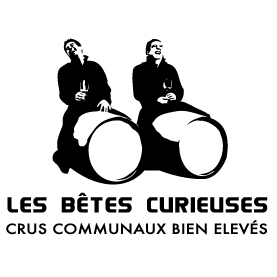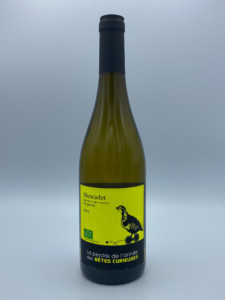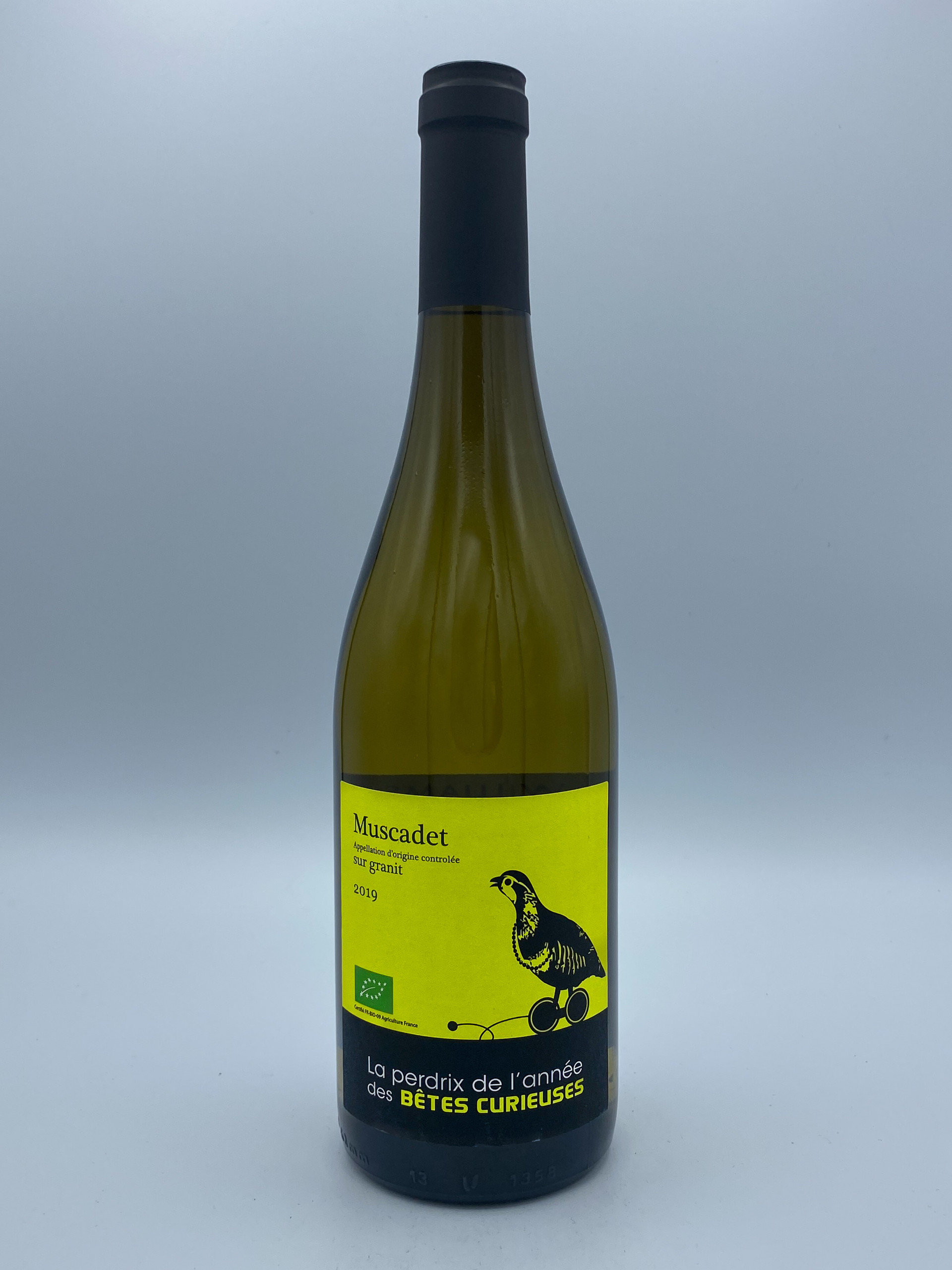Les Betes Curieuses

Jérémie Huchet & Jérémie Mourat
About
Owners & winemakers: Jérémie Huchet & Jérémie Mourat
Vineyard management: Organic
Soils: Varied based on cru, including granite, gneiss, and mica-schist
Grapes grown: Melon de Bourgogne
Quick facts:
- Les Bêtes Curieuses is a collaboration of two good friends (and two Jérémies) who believe strongly in the potential of Melon de Bourgogne to create top-tier wines expressing the various terroirs of Muscadet.
- The crus communaux of Muscadet were finally recognized in 2011, after a generation of advocacy by the local growers.
Bêtes Curieuses is a joint venture between the Huchet family, grape growers in the Chateau Thebaud cru of Muscadet, and the Mourat family, vineyard owners in the Vendée about one hour south of the Muscadet region. The two families decided to join forces after meeting at a trade fair in London. Bêtes Curieuses (“curious beasts”) is an exploration of the different terroirs of the various Muscadet crus. Fermentation and winemaking are virtually identical between the wines, so the key variable between the wines is the terroir. The most obvious analog for these wines are the white wines of Burgundy (especially those of Chablis) in that these wines are defined by their transparency of terroir and marked more by their mineral, non-fruit character rather than a fruity flavor profile. The long aging of the wines serves to accentuate the inherent characteristics imparted by the growing conditions and terroir of each individual cru.
Farming is organic: the soils are worked by ploughing, no chemical weedkillers or fertilizers are used, and herbal treatments are preferred. Grapes are harvested by hand and fermented with native yeasts. The wines are aged on the lees without stirring in underground tanks, as is traditional in the region, for extended periods–many months or even years. The goal is to promote autolytic character while showcasing the purity of the vintage and the terroir. The two Jérémies patiently wait and taste each wine until they decide it is ready. Each wine is labeled with the date of the vintage as well as the date it was bottled.







